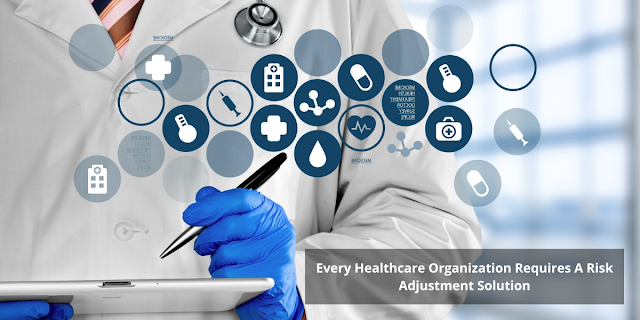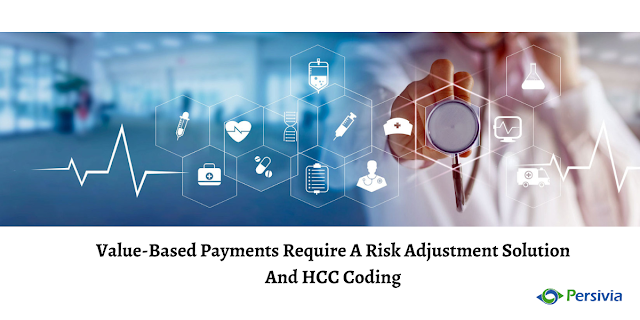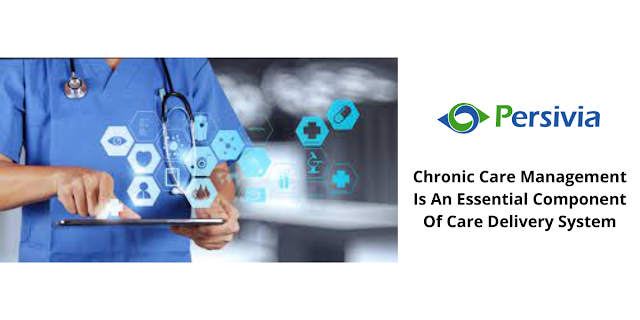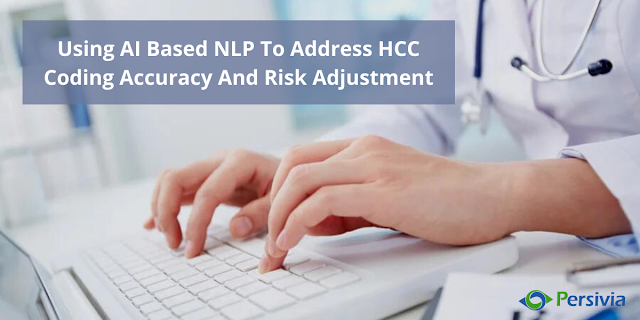For Successful Medicare Advantage Plans, Health Care Facilities Should Focus On HCC Close Gaps
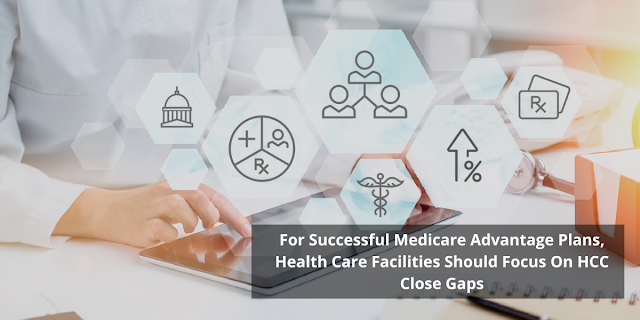
Medicare Advantage (MA) is an integral part of the Medicare program that is available to enrolled beneficiaries, particularly the elderly and those with disabilities. Medicare Advantage Plans , commonly known as Part C plans, are provided by private health insurers recognized by Medicare instead of just the federal government. They provide the same hospital and medical coverage as Original Medicare Parts A and B, but do not cover hospice care. The majority of Medicare Advantage Plans provide Part D Prescription Drug Coverage. Anyone who enrolls in a Medicare Advantage plan continues to have their Medicare coverage. In 2021, almost 26 million individuals, or 42 percent of those getting Medicare healthcare benefits, were registered in a Medicare Advantage plan. Points To Note Medicare Advantage, frequently referred to as Medicare Part C, is available to those 65 and over, as well as disabled individuals, who meet certain criteria. Medicare-approved commercial insurance providers
